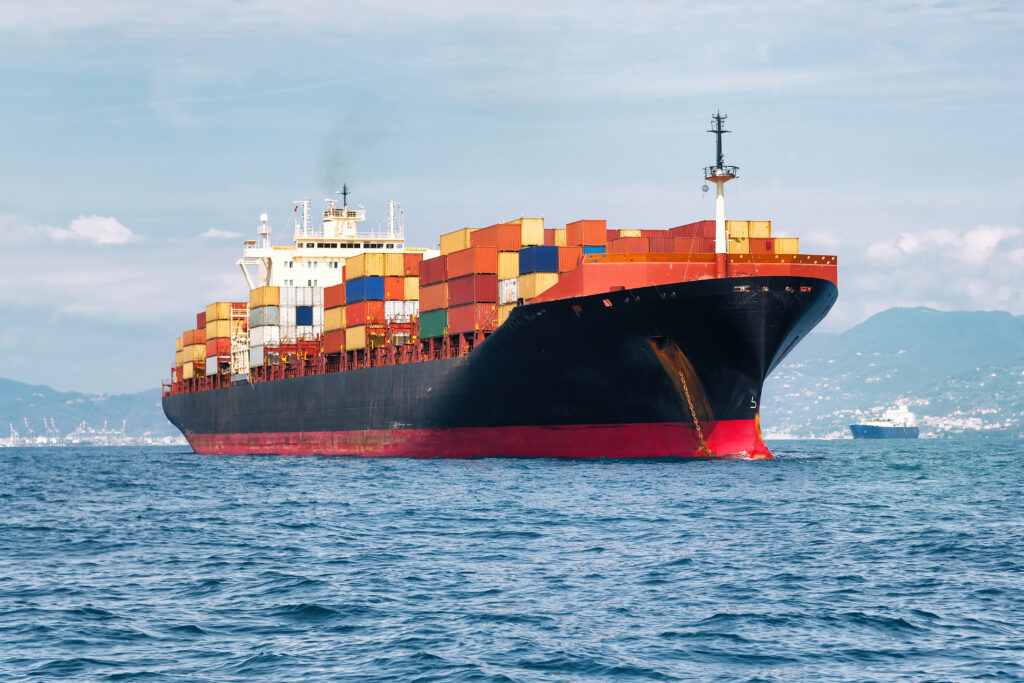PFAS as a sealant agent for marine propulsion
In order for ships to make their way through water, rather than simply float, they need propulsion. The propulsor or thruster is what pushes the surrounding water backwards. Well-lubricated on-deck and underwater machinery is crucial for vessels’ propulsion.
To ensure that propulsion machinery is properly lubricated and thus guarantee a longer lifespan with less maintenance, hard-duty sealants are required. Currently, there are three main types of Environmentally Acceptable Lubricants (EALs) on the market: vegetable oils, synthetic esters and polyalkylene glycol lubricants. When they come into contact with water, each of them releases different by-products. The only chemical used in the production of naval seals known to be compatible with all three EALs’ bi-products is the PFAS FKM fluoroelastomer. Additionally, seals need to be mechanically strong enough to withstand the heat and operating climate of the propulsion equipment.
A ban on the use of FKM fluoroelastomers in naval applications would result in a global supply chain disruption, entailing frequent ship breakdown or even requiring the re-adoption of polluting lubricants.

